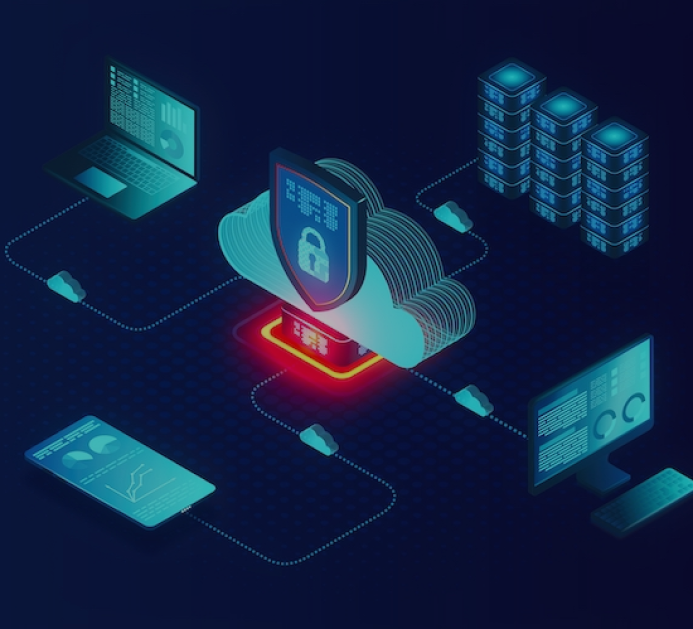Protect Your Organization With Layered Endpoint Security Solutions
Our endpoint security solutions protect your organization from cyber threats—keeping your data and systems secure. We will negotiate the best solutions on your behalf, and we can provide expert consultation to help you improve your security posture.













Trusted Endpoint Security Solutions for Your Business
Broad Provider Network
We partner with trusted endpoint security service providers to help you connect with industry leaders who specialize in securing business devices.
Exclusive Insights
Expert Consultation
Personalized protection
Secure Every Device, Strengthen Your Defense: Let’s Connect!
Why You Should Care About
Endpoint Security?

Malware
Ransomware
Phishing
Advanced Endpoint Security
Solutions For Modern Threats
Endpoint Protection Platform (EPP)
With an endpoint protection platform, you can combine various security features like antivirus, antimalware, and native firewall protection. You can ensure instant and complete protection of the endpoints against contemporary attacks. Improve operational effectiveness by centralizing security management and reducing vulnerabilities on your devices. Defend My Business collaborates with leading EPP vendors to offer customized solutions for your business.
Antivirus
We provide you with antivirus tools to detect, prevent, and remove malware from endpoints in files and programs. These tools play a first-line defense against viruses, worms, and other malicious malware that may otherwise degrade your sensitive data and hamper the performance of your computer systems. We connect you to the best antivirus software companies to keep your devices safe and protected from evolving threats.
Endpoint Detection and Response (EDR)
Extended Detection and Response (XDR)
Network Access Control (NAC)
Endpoint Encryption
Benefits of Endpoint Security Solutions
01.
Keep All Your Devices Safe
02.
Protect Your Data from Loss
03.
Easy Security for All Your Devices
04.
Reliable Protection for Every Device
Protect your business from cyber threats. Endpoint security keeps your devices safe. It blocks viruses, malware, and other attacks. Get reliable protection for all your devices.
05.
Stop Hackers from Stealing Your Data
Our Process: Fortifying Every Device
Onboarding
We start by conducting a detailed review of your current endpoint security measures to identify vulnerabilities, gaps, and areas for improvement. This allows us to understand your specific needs and goals, laying the groundwork for a customized security approach.
Provider Recommendation
We connect you to a broad network of trusted endpoint security providers and recommend the most suitable solutions based on the requirements of your organization. From advanced threat protection and endpoint detection and response to unified endpoint management to all the others, we offer access to the top security service providers.
Contract Negotiation
Implementation
We then ensure the smooth and efficient implementation of the solution through close coordination with the chosen provider. We seek to integrate the endpoint security solution seamlessly into your processes without disrupting business.
Ready to Power Up Your Business?
Let's Connect

